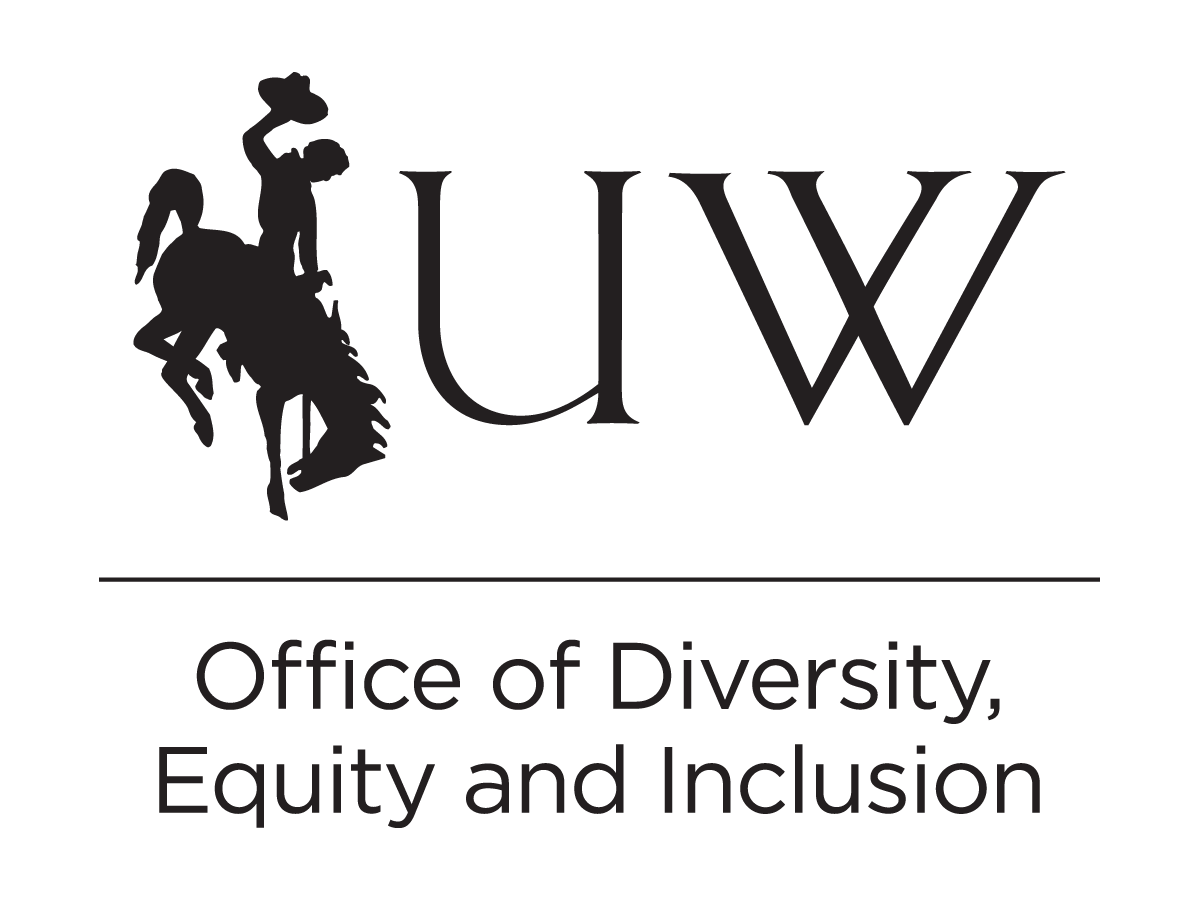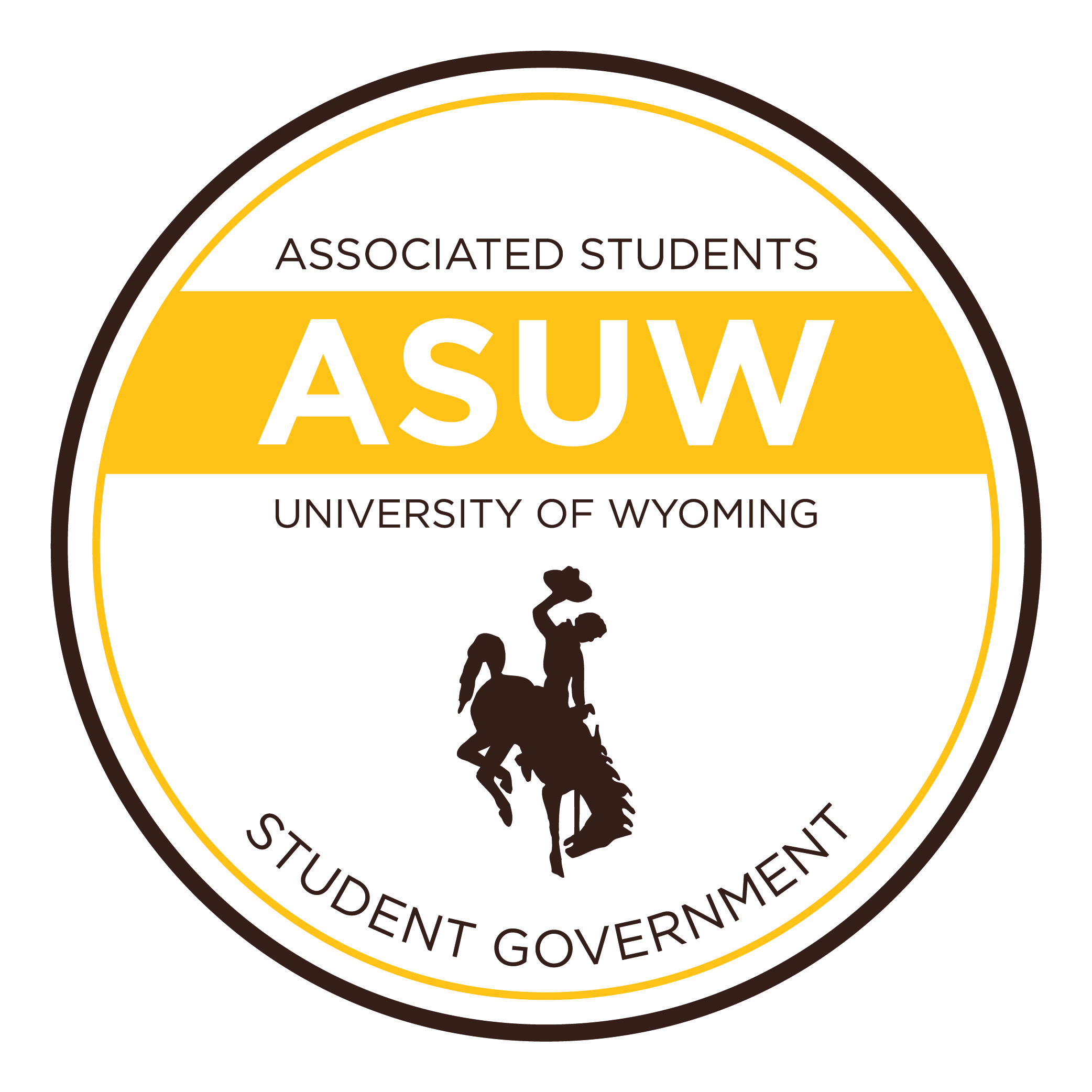
In 1998, author, playwright and activist Eve Ensler decided Valentine’s Day should represent more than a romantic holiday celebrated with cards and hearts. Inspired by her own play “The Vagina Monologues,” Ensler began what she called the V-Day Movement, meant to end violence against women and girls. In 2013, this movement broke off into a global campaign coined “One Billion Rising,” referring to the United Nations’ statistic that one in three women will be raped or beaten in their lifetime, the number of which averages to one billion women.
For the past two years, One Billion Rising organized events on Valentine’s Day to bring awareness to its cause, with special attention brought to college campuses where interpersonal violence can be especially prevalent. This year marked the UW’s second annual One Billion Rising event, and organizers Brittany Wienholz and Sam Yoder said the group worked hard to put together a campaign that kept attention throughout the day.
“This year we planned a series of events to go along the day, rather than having just the table set up in the union,” said Yoder, a bachelors of Social Work from Jackson, Wyo. “We also coordinated the freeze mob and we’re doing the open mic upstairs and I think overall we had more of a student turnout and definitely more support from outside agencies.”
The freeze mob is similar to a flash mob, a trend where seeming bystanders in a public place surprise a crowd with a choreographed dance. However, instead of dancing, participants in Friday’s freeze mob froze for two minutes, most holding up signs protesting violence against women.
“With the freeze mob specifically, what we were hoping to convey was putting a stop to violence against women,” explained Yoder, “by actually stopping in place and freezing for that two minutes. And then, overall just gaining support for this global event which is to convey that same message.”
Wienholz, a master’s student in the Social Work program at UW and a native of California, said she believes the demonstration can have a powerful affect on the public, especially for those who have experienced it themselves.
“Just today someone came up and said she really appreciated us doing this event just from a personal standpoint, from her experience,” Wienholz said. “So I think it in a way validates the worth of women. Especially for people who have experienced interpersonal violence.”
Along with raising awareness for their cause, Yoder and Wienholz believe in fighting the damaging stigma that women are to blame for rape. Wienholz said a large part of the day’s events are spent not only breaking down that stigma, but also educating men about their responsibilities when it comes to consensual sex.

“There is so much shame and stigma if you’re raped, that you feel like you need to keep it a secret or that you asked for it in some way,” said Wienholz. “People talk about it being a woman’s issue, but it’s also a man’s issue too. I would say even more so, because that’s where a lot of the responsibility lies. And I don’t say that to blame men, but the statistics are that most interpersonal violence is perpetrated by men on women.”
After the freeze mob, the group hosted an open mic on the second floor of the union. Agencies such as SafeProject and the Stop Violence Project attended to add their perspective and services. Participants talked about past abusive relationships, the journey to recovery and the importance of a support system when you finally break free. One speaker said she didn’t identify herself as a victim, but was instead a survivor. After each woman spoke, the group held a moment of silence to give thought and respect to each speakers’ experiences.
According to its website, the One Billion Rising movement is “a global call to women survivors of violence and those who love them to gather safely in community outside places where they are entitled to justice…” Last year’s 2013 campaign boasted the single largest mass global action to end violence against women ever, with thousands of events held in more than 190 countries. While neither will be here in 2015 to continue their cause, Yoder and Wienholz are confident next year’s students will uphold the movement.
“We would like it to be a tradition that continues within the department,” said Wienholz, “but we also partnered with SafeProject here in Laramie and they’re here consistently. Stop Violence on campus is an advocacy group and they work with people who have experienced interpersonal trauma. So hopefully, between our department and other agencies, it will continue to build.”



